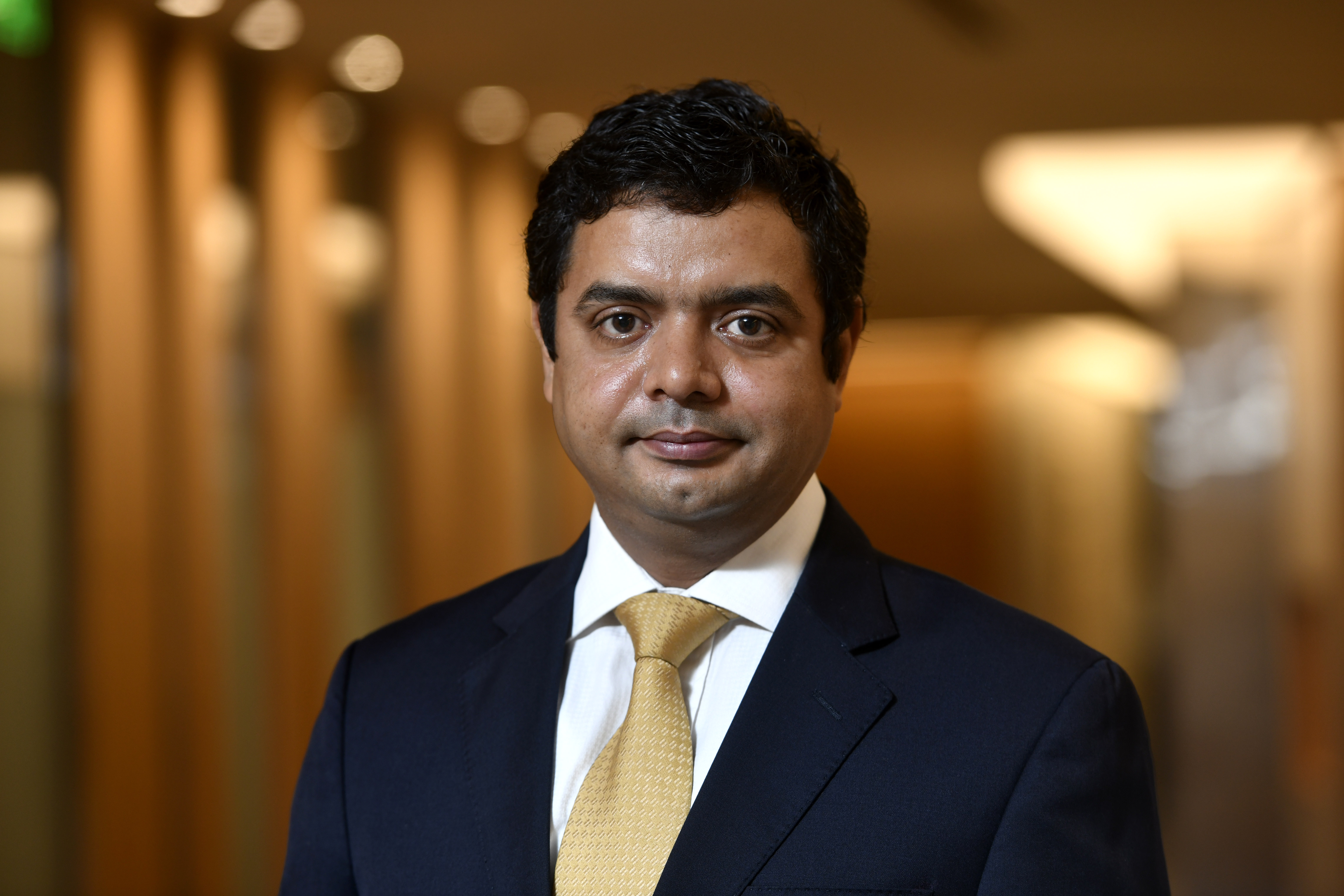
Many small banks are offering higher than 6% interest rate on the savings account. Some banks are even giving 7% interest rate. Such an offer can easily lure investors who are unhappy with the fall in fixed deposit interest rates in the last few months. At present, SBI offers an interest rate of 4.90% for a tenure between 1 year and 2 years for deposits up to ₹2 crore. Should you be better switching your money to these banks' savings account than investing at lower interest rates in bank FDs or in liquid mutual funds? Liquid mutual funds gave 4.27% returns in the last one year.
Investment experts do not agree much. They believe the returns and risks go together and there is no exception to this rule.
"If any bank is offering you a higher rate of interest on savings bank account compared to what you get on fixed deposits with other banks or even for that matter returns generated by some debt mutual funds, placing deposits with such banks is relatively risky as compared to the public sector banks which offer you lower rates," says Balwant Jain, a tax and investment expert.
All deposits in savings bank or fixed deposits or recurring deposits with commercial banks are insured up to a maximum of ₹5,00,000 for both principal and interest amount. The deposits kept in different branches of a bank are aggregated for the purpose of insurance cover and a maximum amount of up to Rupees five lakh is paid. But this insurance cover should not make you careless about your money.
"An insurance cover on your deposits for up to ₹five lakh does not mean that you will have access to that insurance amount instantly if any bank goes insolvent. You may get your money up to the insurance amount but not immediately. It may take you years altogether to get the money back and that too without any interest," says Balwant Jain.
Debt funds are investments to help you diversify your portfolio, though the default risk still remains in investing in debt funds but not for the entire amount. Debt funds do not come with an insurance cover. There are different kinds of debt funds suitable for different time period of investment. Debt funds serve the purpose of asset allocation in your portfolio unlike a bank FD or a bank saving account.
"Short term debt funds like liquid funds would buy papers across issuers creating a diversified portfolio and reducing the risk. Additionally, if funds are held for a longer time horizon, mutual funds work out to be more tax efficient," says Gaurav Awasthi, Senior Partner, IIFL Wealth.
"Just for one or one and half percent, do not risk your money by putting it with the one offering a higher rate. In case of default of the bank you may not get the money when needed in case it is saved for a goal," says Balwant Jain.
However if you are still willing to take risk, only put the money with such banks, which you would never need on an urgent basis and that too up to ₹5 lakh only.

Read the original article:
Livemint
